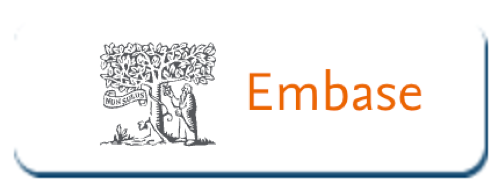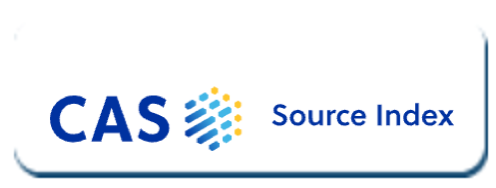Frontal lobe syndrome: A mini review
DOI:
https://doi.org/10.5281/zenodo.7215491Keywords:
Frontal lobe syndrome, prefrontal cortex, prefrontal systemsAbstract
The term "frontal lobe syndrome" often refers to a clinical illness that develops as a consequence of injury to, and dysfunction in, the prefrontal cortex. The prefrontal cortex is a huge association region that is located inside the frontal lobe. The anterior cingulate, the lateral prefrontal cortex, the orbitofrontal cortex, and the frontal poles might be implicated in this issue. Damage to higher functioning functions in the brain, such as motivation, planning, social conduct, and language or speech production, are referred to together as frontal lobe syndrome. This syndrome is a wide phrase used to characterize the damage. In this activity, the etiology, pathophysiology, and presentation of frontal lobe syndrome are discussed. Additionally, the importance of the interprofessional team in the care of this condition is highlighted.
References
Barrash J, Stuss DT, Aksan N, Anderson SW, Jones RD, Manzel K, et al. "Frontal lobe syndrome"? Subtypes of acquired personality disturbances in patients with focal brain damage. Cortex. 2018;106:65-80.
Bonelli RM, Cummings JL. Frontal-subcortical circuitry and behavior. Dialogues Clin Neurosci. 2007;9:141-51.
Tranel D. "Acquired sociopathy": the development of sociopathic behavior following focal brain damage. Prog Exp Pers Psychopathol Res. 1994:285-311.
Damasio H, Grabowski T, Frank R, Galaburda AM, Damasio AR. The return of Phineas Gage: clues about the brain from the skull of a famous patient. Science. 1994;264(5162):1102-5.
Szczepanski SM, Knight RT. Insights into human behavior from lesions to the prefrontal cortex. Neuron. 2014;83(5):1002-18.
Daffner KR, Mesulam MM, Holcomb PJ, Calvo V, Acar D, Chabrerie A, et al. Disruption of attention to novel events after frontal lobe injury in humans. J Neurol Neurosurg Psychiatry. 2000;68(1):18-24.
Barrash J, Bruss J, Anderson SW, Kuceyeski A, Manzel K, Tranel D, et al. Lesions in different prefrontal sectors are associated with different types of acquired personality disturbances. Cortex. 2022;147:169-84.
Yücel M, Wood SJ, Fornito A, Riffkin J, Velakoulis D, Pantelis C. Anterior cingulate dysfunction: implications for psychiatric disorders? J Psychiatry Neurosci. 2003;28(5):350-4.
Wada-Isoe K, Ito S, Adachi T, Yamawaki M, Nakashita S, Kusumi M, et al. Epidemiological survey of frontotemporal lobar degeneration in tottori prefecture, Japan. Dement Geriatr Cogn Dis Extra. 2012;2(1):381-6.
Guo T, Noble W, Hanger DP. Roles of tau protein in health and disease. Acta Neuropathol. 2017;133(5):665-704.
Kerchner GA, Tartaglia MC, Boxer A. Abhorring the vacuum: use of Alzheimer’s disease medications in frontotemporal dementia. Expert Rev Neurother. 2011;11(5):709-17.
Cummings J, Isaacson S, Mills R, Williams H, Chi-Burris K, Corbett A, et al. Pimavanserin for patients with Parkinson's disease psychosis: a randomised, placebo-controlled phase 3 trial. Lancet. 2014;383(9916):533-40.
Fonseca LM, Yokomizo JE, Bottino CM, Fuentes D. Frontal lobe degeneration in adults with down syndrome and alzheimer's disease: A Review. Dement Geriatr Cogn Disord. 2016;41(34):123-36.
Mumoli N, Pulerà F, Vitale J, Camaiti A. Frontal lobe syndrome caused by a giant meningioma presenting as depression and bipolar disorder. Singapore Med J. 2013;54(8):e158-9.

Downloads
Published
How to Cite
Issue
Section
License
Copyright (c) 2022 Journal of Clinical Trials and Experimental Investigations

This work is licensed under a Creative Commons Attribution 4.0 International License.
![]() The journal is licensed under a Attribution4.0 International (CC BY 4.0).
The journal is licensed under a Attribution4.0 International (CC BY 4.0).










